Sustainable business models for small-scale coastal fisheries in the Baltic Sea
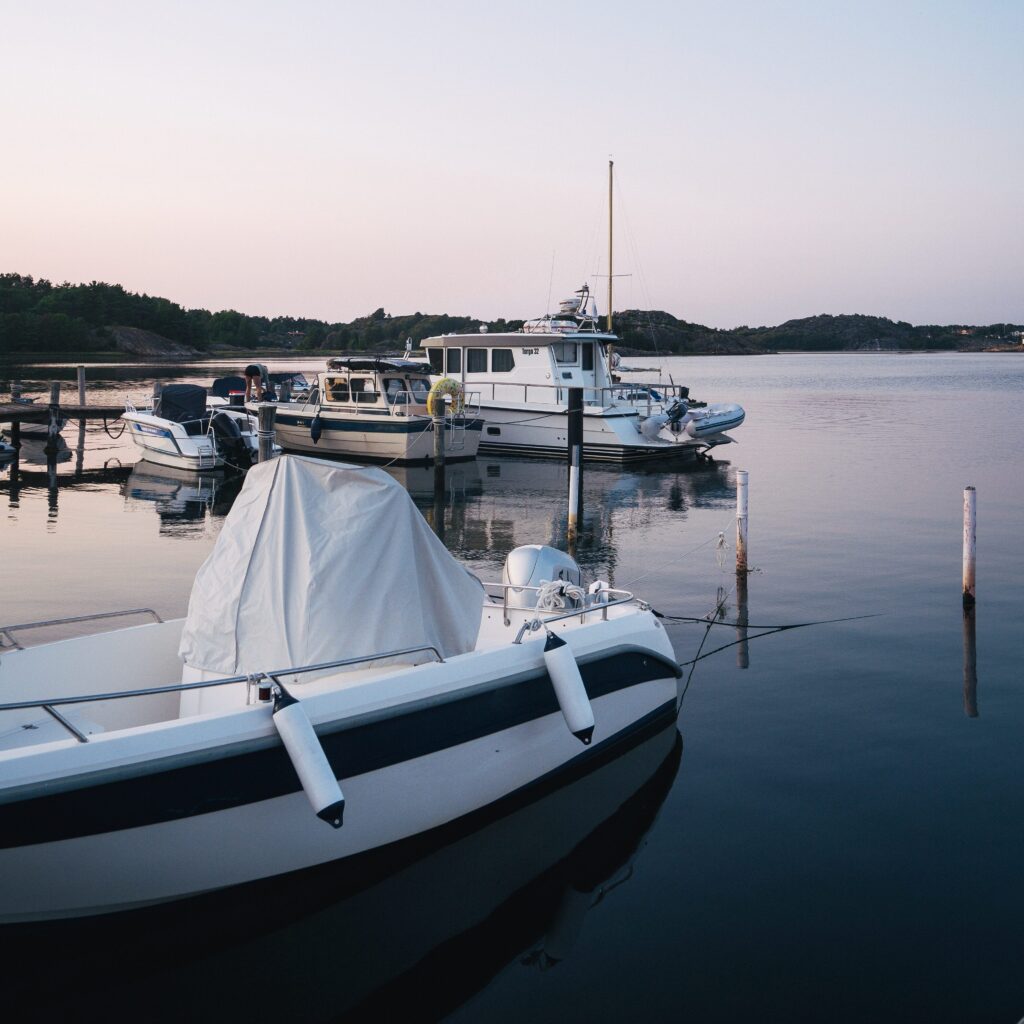
After decades of overfishing, several of the Baltic Sea’s commercial fish stocks are in crisis, and so is coastal fishing. With support from BalticWaters, Cecilia Solér will explore how management can create conditions for sustainable small-scale coastal fishing that can create added value for both the individual fisherman and society at large. Small-scale fisheries along […]
First cod larvae release of the year
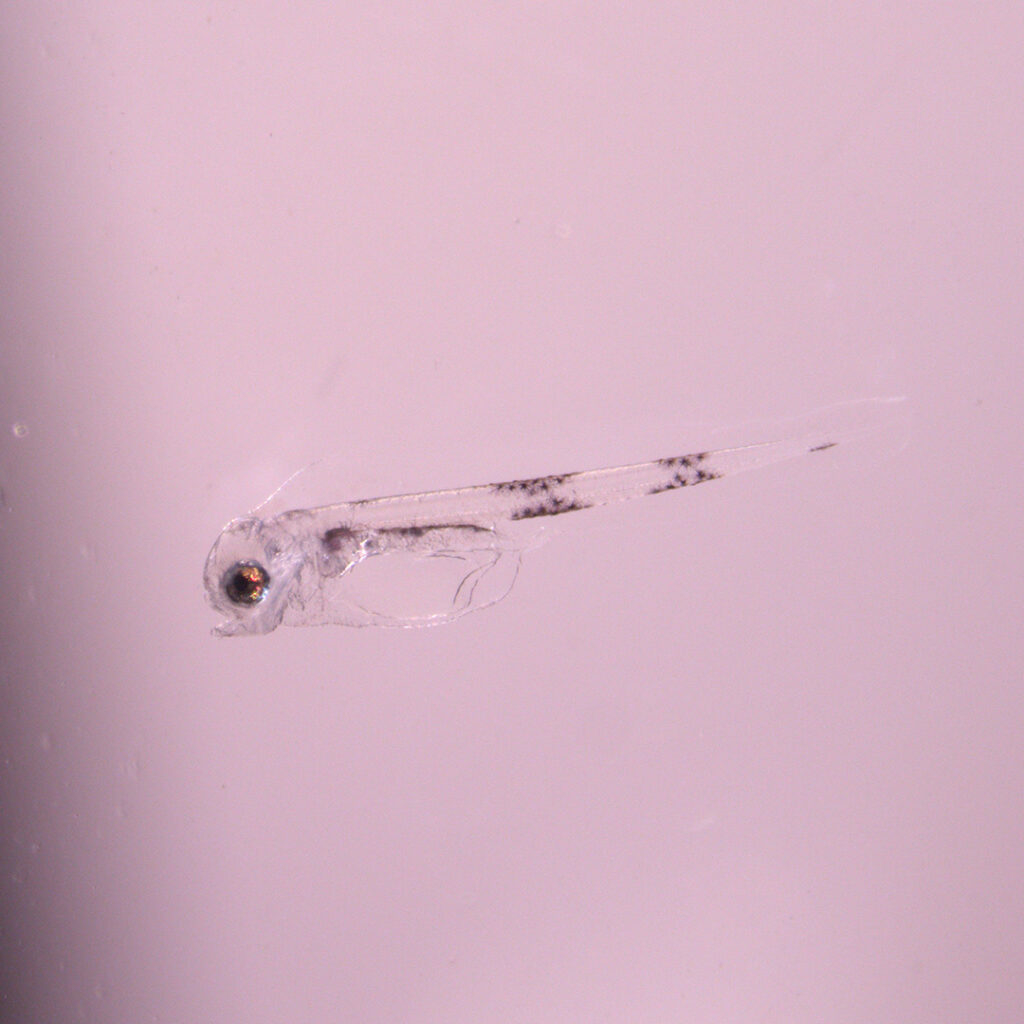
Johanna Fröjd, project manager for ReCod – release of small cod in the Baltic Sea, rolls into the Källvikhamn car park mid-day. In the fridge inside the lorry is a valuable cargo – almost 50,000 small cod larvae. They have been travelling since early this morning, all the way from the research station Ar on […]
BalticWaters re-elected to the Baltic Sea Advisory Council
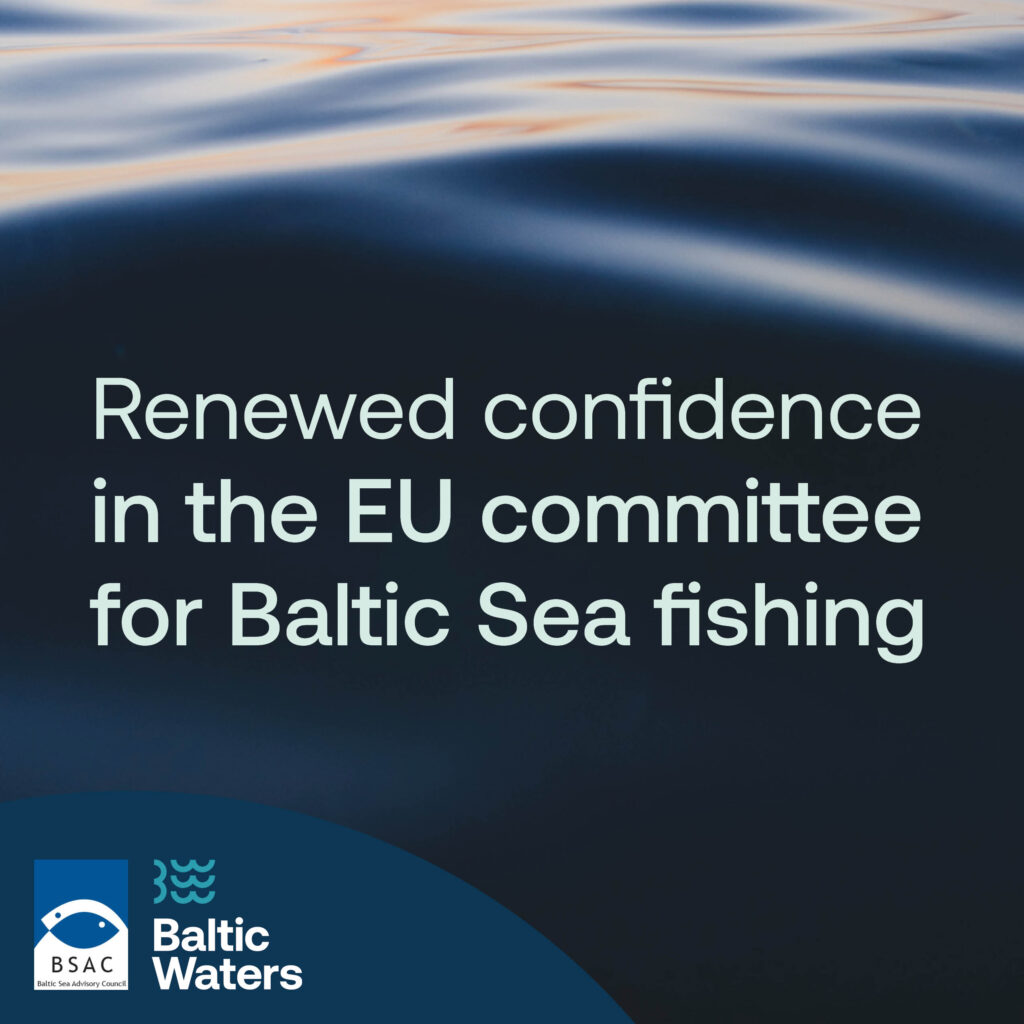
The renewed mandate allows BalticWaters to continue to promote sustainable fisheries policy, for example by influencing fishing quotas in the Baltic Sea at an early stage and highlighting the need for increased scientific advice from the International Council for the Exploration of the Sea (ICES).
Deep dive: Biochar from animal manure attracts interest, but funding is needed
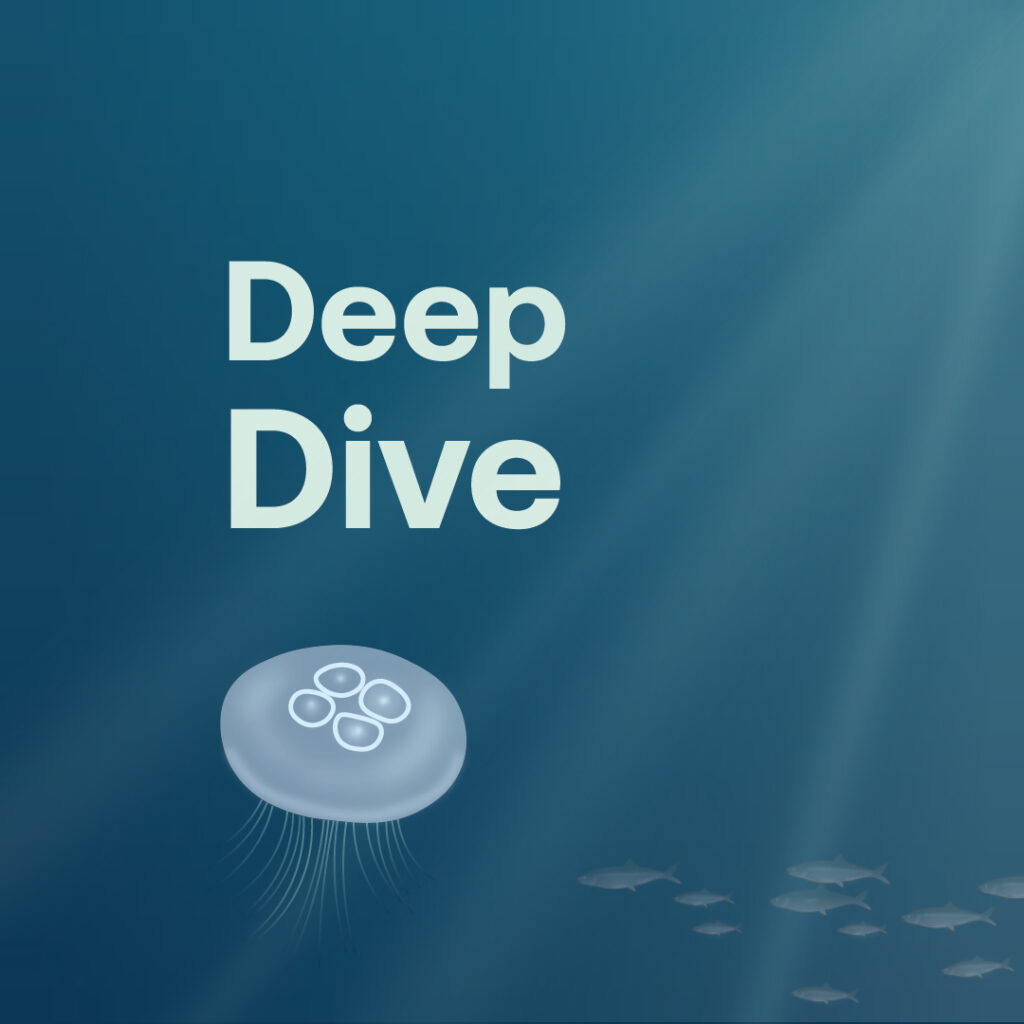
– Circular fertiliser also a preparedness issue for Sweden 22 million tonnes of animal manure are produced every year in Sweden. All of it is used on our fields, but not in a sufficiently resource-efficient way and access to animal manure is unevenly distributed in our country. As part of the Circular NP project, researchers […]
Meet our new analyst
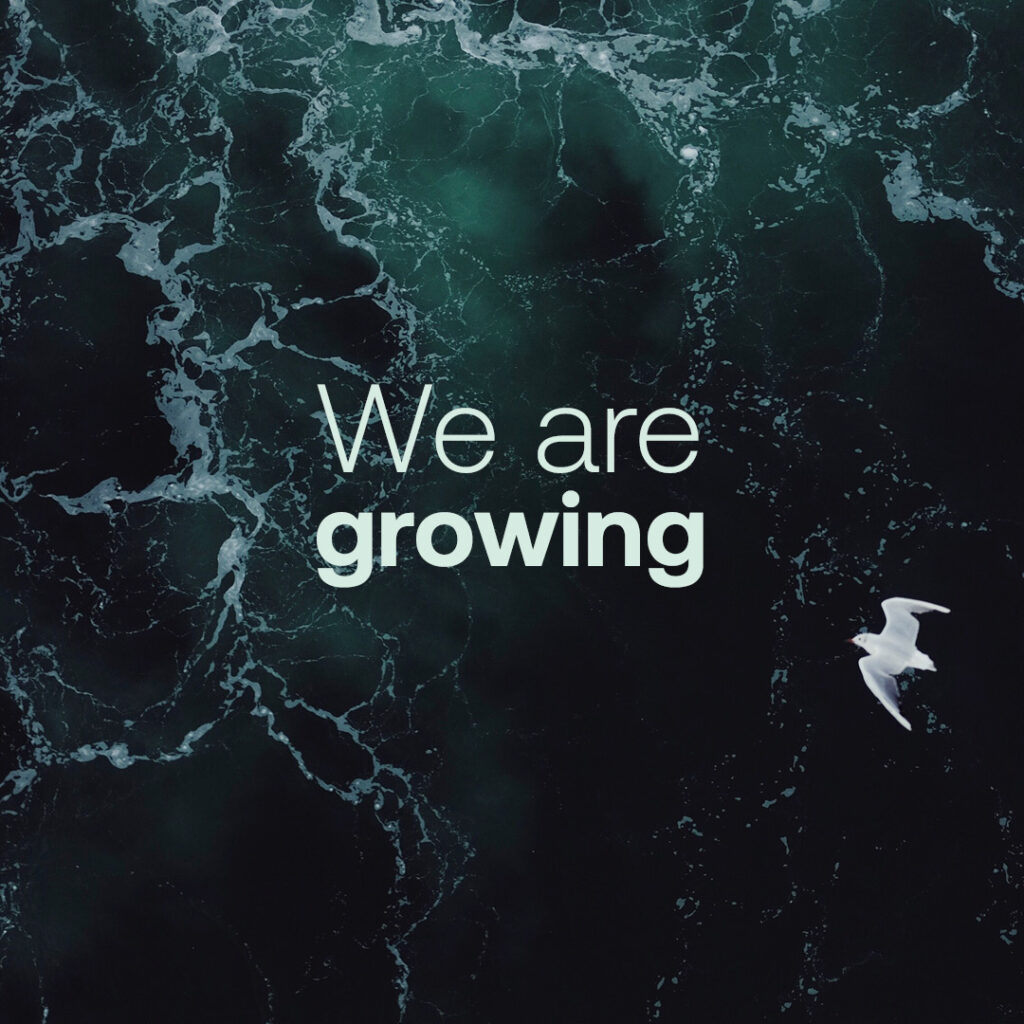
She is new to the role as Analyst fishing and fisheries policy, but she is not new to BalticWaters. Amanda Öberg spent her first post-graduation period as a trainee at the foundation in 2021, and since then she has worked as a research communicator at the Department of Soil and Environment at the Swedish University […]
A unique funder of Baltic Sea research
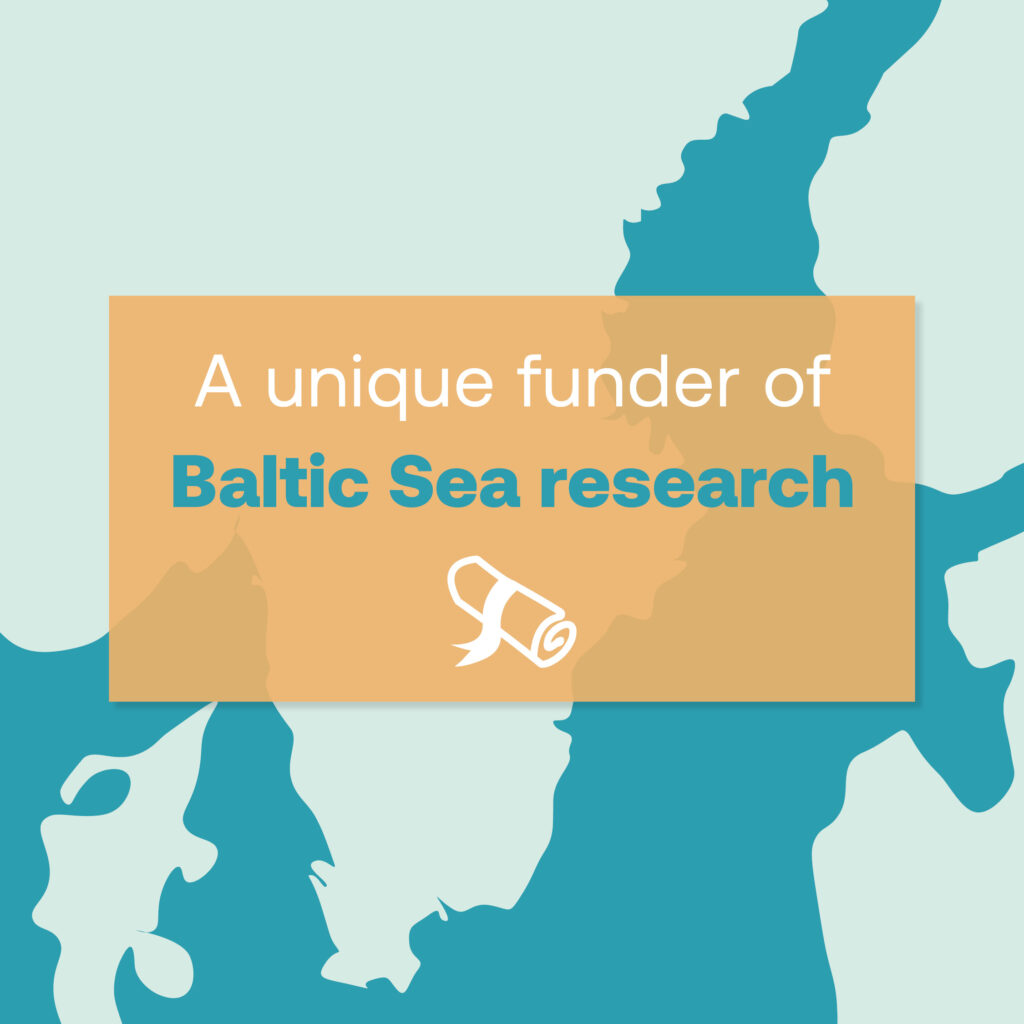
In a short time, BalticWaters has established itself as an important research funder in the field of marine environment. Through the Foundation’s two call programmes, almost SEK 12 million has been allocated to research for a healthy Baltic Sea since 2022. As a private actor, BalticWaters plays an important role in accelerating the accumulation of […]
The climate impact of bottom trawling in the Baltic Sea
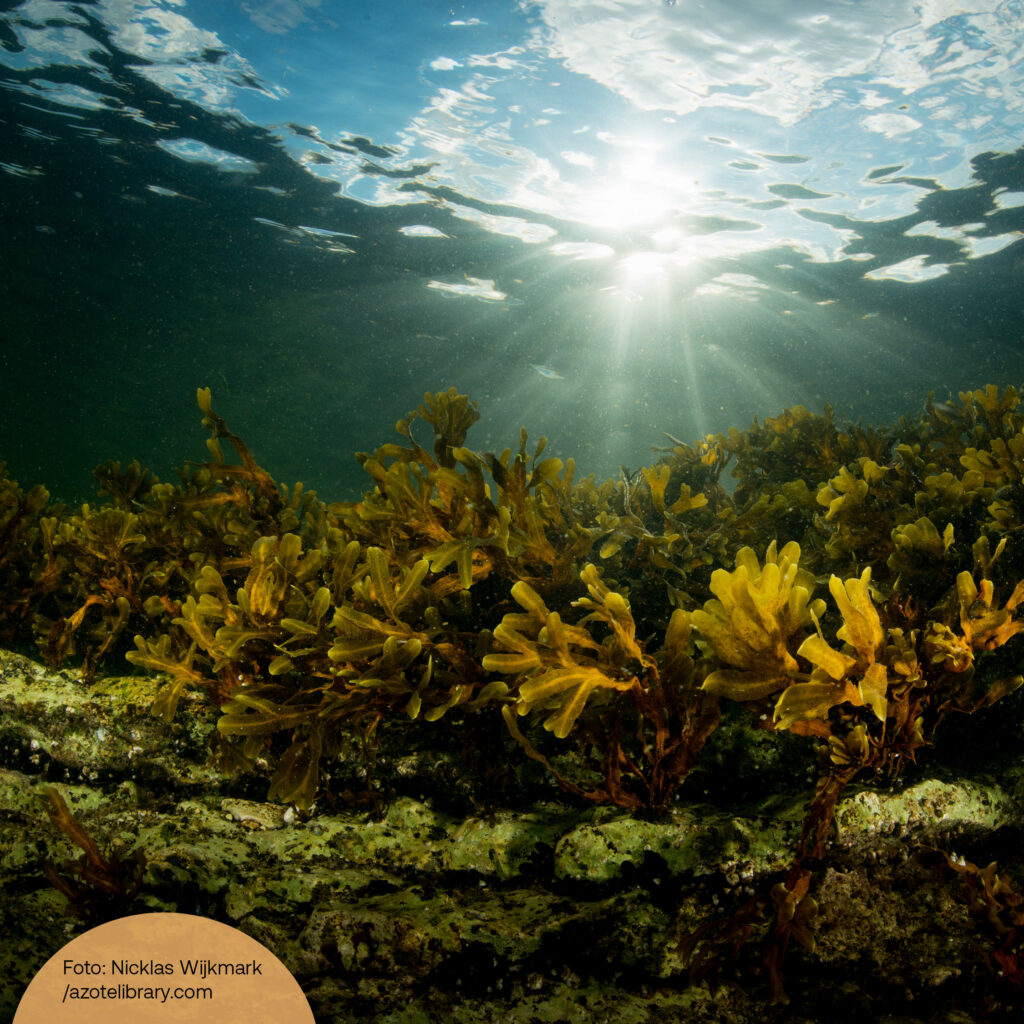
The capacity of forests to store carbon is well recognised. However, it’s less known that sedimentary seabeds in the Baltic Sea can serve as significant carbon sinks. At the same time, bottom trawling – a fishing method that has been compared to clear-cutting – can reduce carbon storage by stirring up and displacing sediment. In […]
The first cod release of the year
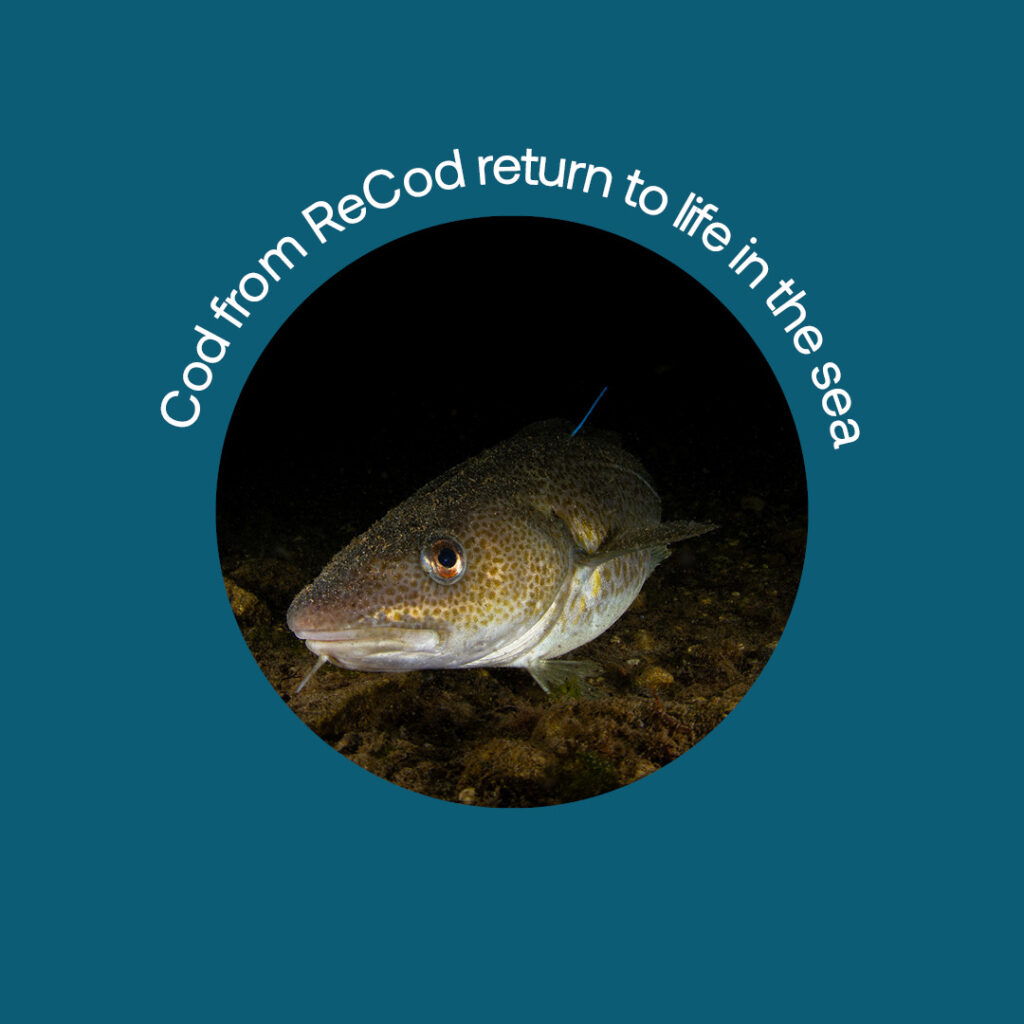
The fog is thick and the thermometer shows two degrees in the water. Despite a dry suit and warm undergarments, the cold is palpable as we descend below the surface. We are documenting when sixteen cod from the project ReCod – release of small cod in the Baltic Sea will leave the life of the […]
New knowledge about Baltic cod
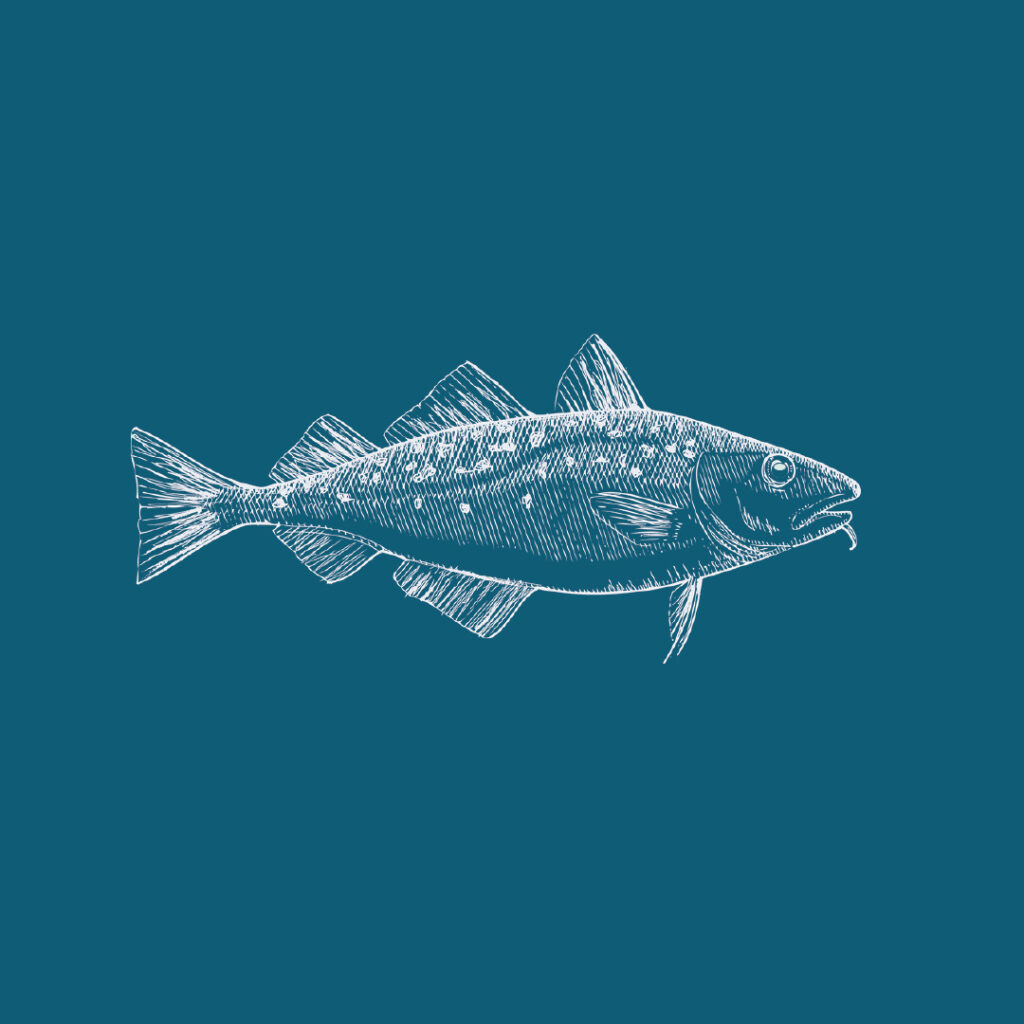
We have summarised ongoing and completed studies and research projects linked to ReCod – all with the aim of improving our understanding of cod.
Progress in animal welfare – fish are sentient beings
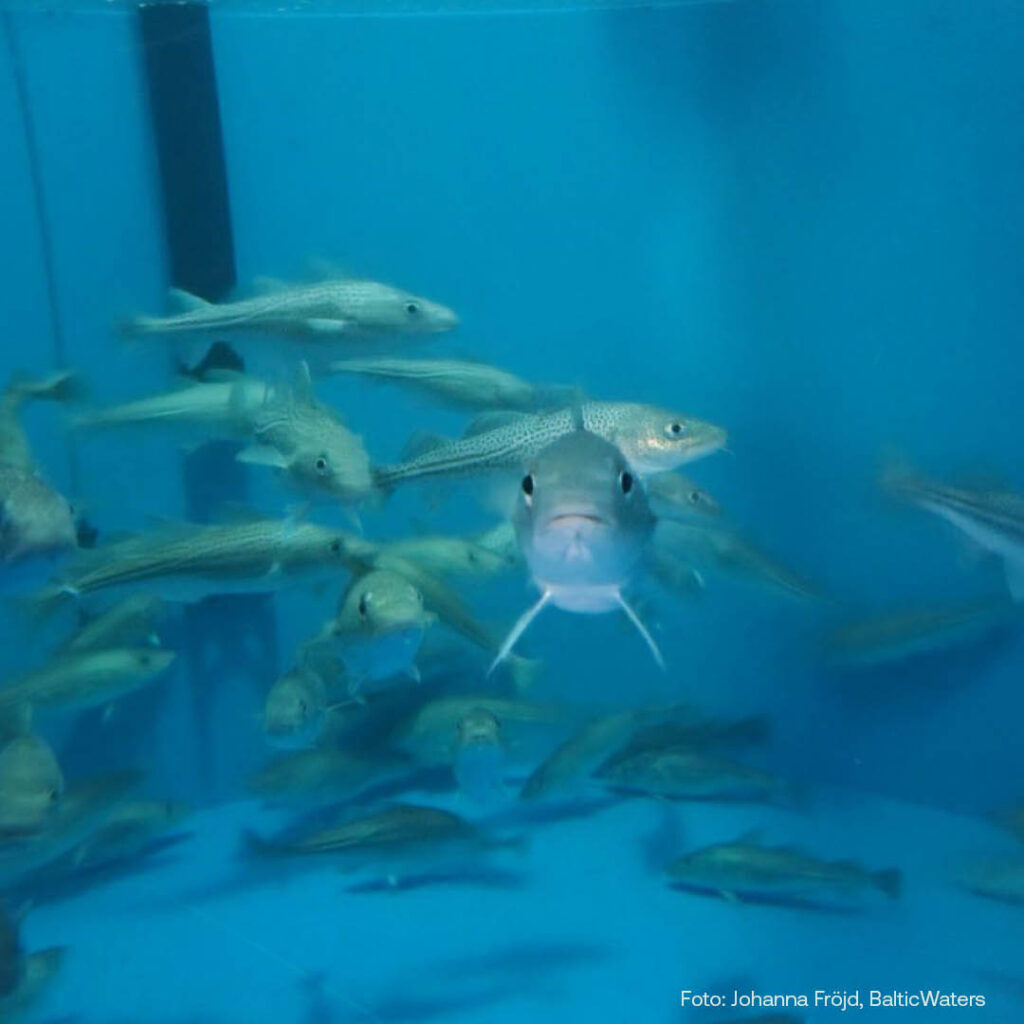
From pets to food and the center of sport and recreational fishing, fish play an important role in the marine ecosystem and in our society. But unlike cows, pigs and birds, they are often treated as emotionless and unable to communicate through facial expressions or sounds. But that is now changing. Research shows that fish […]
